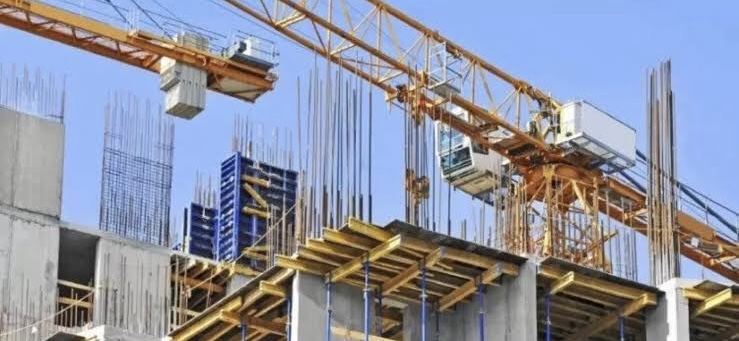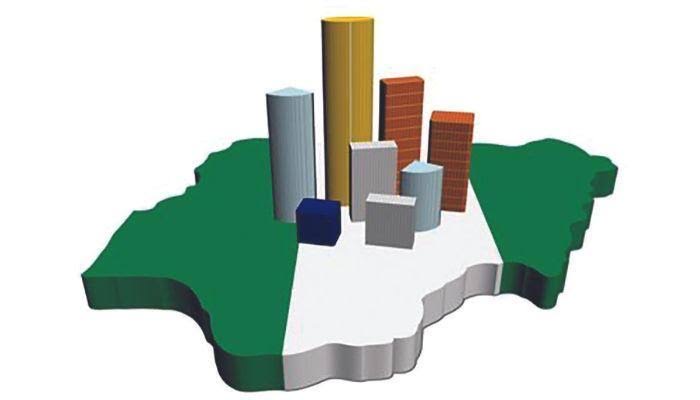Real estate and construction have shown extraordinary resilience, warding off economic challenges and contributing N11.2 trillion to the Nigerian economy in the first quarter of 2024 (Q1).
Analysts observe that the contribution is remarkable as the sector has been hit hard by a combination of factors including inflation, volatile exchange rates, high interest rates, and astronomical increases in the prices of inputs, especially cement and iron bars.
“Real estate and construction are the most resilient sector of the economy and we all saw the result of this resilience in the first quarter figures released by the National Bureau of Statistics (NBS), which shows that the sector contributed N11.2 trillion to the economy in this period,” real estate consultant Funsho Adebayo told Business Day in an interview.

Adebayo’s statement echoes that of mortgage banker and CEO of Aso Savings and Loans, Dr. Risdikatu Ahmed, who described real estate as the most reliable and rewarding asset class during his opening speech on the third day of the ongoing Africa International Housing Show in Abuja.
Ahmed called for more room for women’s participation in the sector to increase their contribution to the economy, urging the government to develop more initiatives and programs to encourage investment in the sector, saying the sector can contribute more to the gross domestic product if the environment is right and offers more opportunities. According to the latest NBS statistics, the sector’s contribution of N11.2 trillion in the first quarter of 2024 was an improvement compared to N9.1 trillion in the fourth quarter (Q4) of 2023.
Specifically, the report noted that the real estate sector contributed 5.20 percent to GDP during the period under review, while the construction sector contributed 4.0 percent to GDP during the same period.
“Real GDP growth recorded in the sector for the first quarter of 2024 stood at 0.84 percent, lower than the growth recorded in the first quarter of 2023 by 0.86 percent points, and lower by 0.50 percent points relative to Q4 2023.
“On a quarter-on-quarter, the sector grew by -27.88 percent in the first quarter of 2024. It contributed 5.20 percent to real GDP in Q1 2024, lower than the 5.31 percent it recorded in the corresponding quarter of 2023,” the NBS report said.

However, the report noted that although the construction sector’s nominal (year-on-year) growth rate was -0.29% in the first quarter of 2024, this represents a decline of 38.00 percentage points compared to 37.71% in the same quarter of 2023.
He added that while the nominal quarter-on-quarter growth rate was 1.60%, there was a decline of 3.16 percentage points quarter-on-quarter.
The report also noted that the construction sector’s contribution to nominal GDP in the first quarter of 2024 was 10.24%, lower than 11.79% in the same period last year and higher than 9.00% in the fourth quarter of 2023.
Analysts attribute this to the aforementioned resilience of the sector, as well as growing investor confidence and overseas remittances, which recorded a significant increase throughout the year.
“Diaspora Nigerians are exploiting the stronger currency at their disposal and investing in real estate,” UPDC Chief Executive Officer Odunayo Ojo said in an interview with Business Day, explaining that a large portion of remittances from the diaspora are heading towards real estate, which in his view is a great way to store value at any given time.































